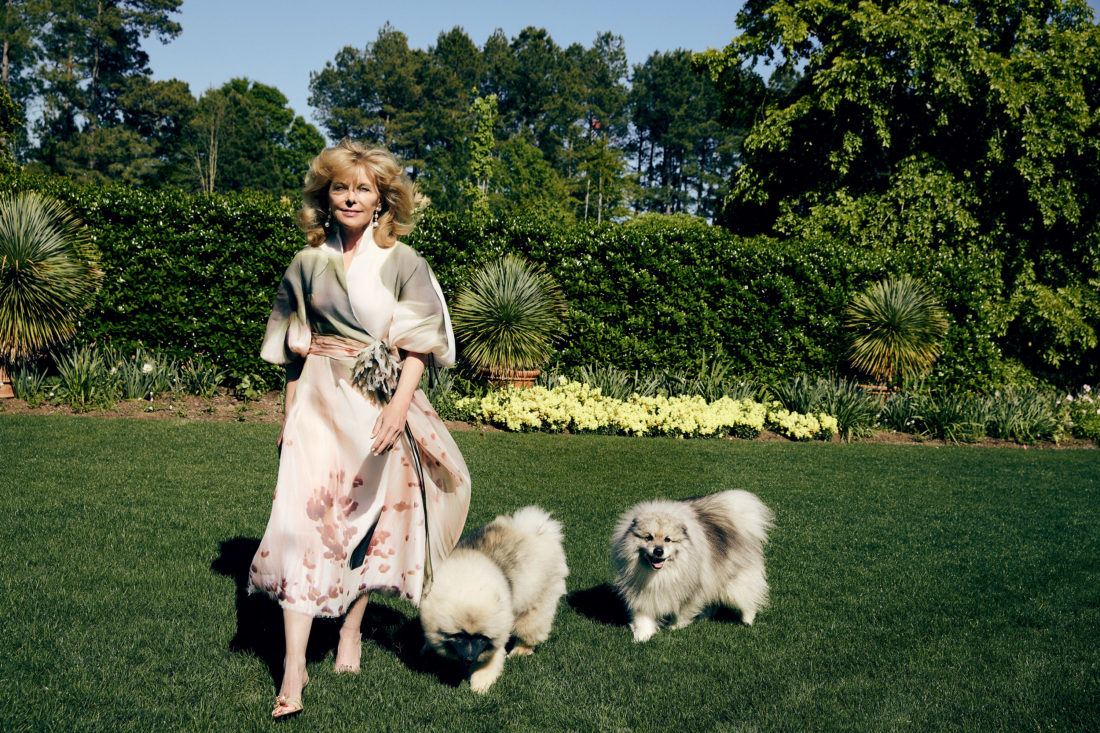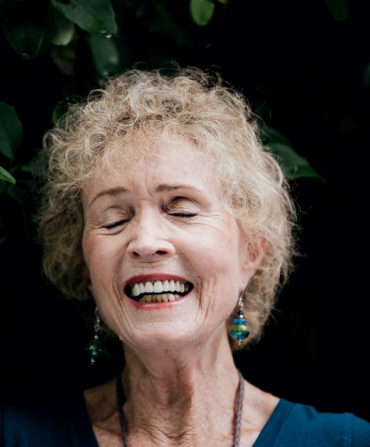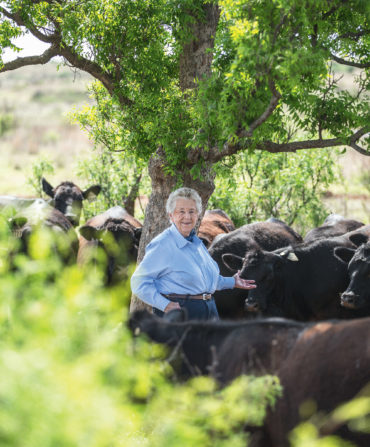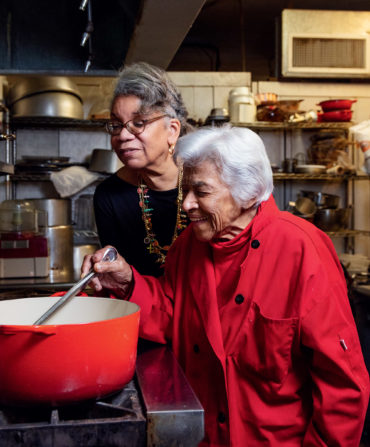Even sitting still, Darla Moore exudes an energy that makes it easy to imagine the Lake City, South Carolina–raised businesswoman commanding a boardroom of Wall Street bigwigs without breaking a sweat. It’s inconceivable any one of them would underestimate her—but during the eighties and nineties, when she specialized in what were essentially bankruptcy takeovers, they did so with astonishing regularity. “I just laughed,” she says of turning their doubt into an advantage. “The blond Southern female thing, which was originally a handicap, ultimately became this incredible asset.”
Moore’s success led Fortune magazine to put her on the cover—the first woman to land there—and she was named one of the most powerful women in American business, accumulating a $2.3 billion fortune. These days, the focus of Moore’s razor-sharp smarts is less on making money than on giving it away. Among other donations, she’s granted more than $75 million to the University of South Carolina School of Business, and $10 million to Clemson University’s College of Education. But it’s Moore’s transformative efforts in Lake City that bring the most joy.
What was growing up in Lake City like?
I spent most of my time with my grandparents on their farm. Tobacco was the great cash crop and produced what prosperity there was for a long, long time. I loved it—being on a working farm. The activity of it. [Laughs.] My poor grandmother’s good silver. I would take spoons out and dig mud holes. It was the happiest place of my life—the most comforting, peaceful place.
After graduating from the University of South Carolina, you left—first for Washington, D.C., then for New York.
I had a strong urge to leave from a very early age, primarily out of curiosity and innate drive. What I always knew, and had a sixth sense about, was that my life would be different. You know, at eight years old, I could never have defined what that meant, but I knew it was going to be different.
How did you end up in banking?
Everything I have ever done has been in steps—gradual. I think it is a mistake to try to plan too much. If somebody asks, “What are you doing in five years?” and you have an answer, I think there’s a good chance you aren’t going to get there. If you pick one thing, then you’ve neglected all other opportunities. I tended to make decisions based on where I could achieve the most personal and professional independence.
That couldn’t have been easy on Wall Street in the 1980s.
[Laughs.] It was challenging, as you might imagine. While I was never sexually harassed, I was certainly sexually discriminated against. A lot of areas in finance were off-limits to me just because I was a woman.
So you struck out on your own, financing companies going through bankruptcy. You turned heads by booting powerful businessmen, such as [health-care magnate] Rick Scott, out of their companies.
The only reason it was interesting was because I was a female. When you’ve got a CEO putting shareholder value at risk and potentially damaging the company—a guy would have been in there elbowing all over the place. I only did the same thing.
The 1997 Fortune cover called you “The Toughest Babe in Business.” How would you describe yourself back then?
Disciplined. Direct. Not a lot of gamesmanship. Just deliver what you say.
In 2012, you became one of the first women admitted to Augusta National.
I was shocked. When they came and presented the idea, I put my hands over my face and thought, My God, my life is going to be the answer to a trivia question. It is an extraordinary honor. Augusta has this aura that is otherworldly. You know, grown men…I’ll take them there—successful, accomplished, confident men—and they become like Twizzlers. Just overwhelmed. The most joyful thing about being a member of Augusta is the ability to share it.
You moved part-time to Lake City a few years ago, opening Moore Farms Botanical Garden on your grandparents’ land and starting ArtFields, an annual art competition. What brought you home?
Love of this place. Lake City was one of the country’s largest tobacco markets—all that is gone now. There was no reason for anyone to come to town. Today the botanical garden is part of the new economic engine, along with ArtFields. There was a guy here working for us, and he said, “There’s an art competition a family does in Grand Rapids, Michigan, called ArtPrize.” This was one of those periods in life when you’re too dumb to know any better. Nobody in town knew anything about art. But the success is based on authenticity. The town puts on ArtFields, I don’t. If people want to see art, they’ve got to go in every shop—the barbershop, the gift shop, the mattress store. ArtFields is their Christmas.
How did giving money away become your full-time gig?
You get to a point where you have enough—where you say, “You know, I really want to give it away now.” It’s the hardest work you will ever do. The check writing is not the end. You’ve got to follow through and be attentive. You develop pretty strong opinions about things. Where your interest lies. Where you can have the most impact. What’s the most gratifying.
And what is the most gratifying part?
Seeing the lives affected. Individual lives.
Read more from our August/September 2018 Southern Women issue








